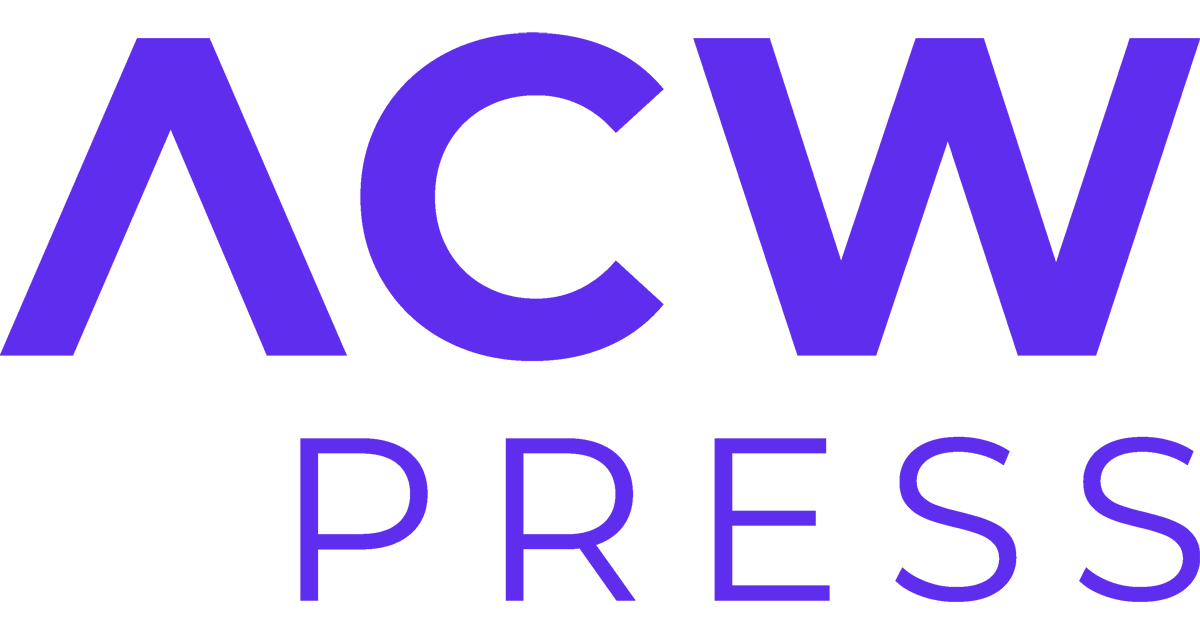Competing Interests
We uphold the highest standards of integrity and transparency in our publication process. We have established a clear policy for authors, reviewers, and editors to disclose and manage all potential conflicts of interest properly. This policy helps maintain the trust and credibility of the scholarly record.
For Authors
What Constitutes a Competing Interest for Authors?
A competing interest for authors exists when they have financial, personal, academic, or other relationships that could influence or be perceived to influence their work. These interests may include:
Financial Interests: Employment, consultancies, stock ownership, honoraria, paid expert testimony, patents or patent applications, and travel grants.
Personal Relationships: Relationships that might bias the work, including family members or close personal friends.
Academic Interests: Situations where an author’s work may be influenced by academic competition or rivalry.
Institutional Affiliations: Any institutional affiliations that might influence the work.
Declaration Requirements for Authors
Authors must declare all competing interests relevant to their submitted work. If no competing interests exist, they should explicitly state this in their manuscript under a section titled "Competing Interests."
Sample Declaration Statements
No Competing Interests: “The authors declare that they have no competing interests.”
Financial Interests: "Author A has received research grants from Company X. Author B has consulted for Company Y. Author C holds stock in Company Z."
Personal Relationships: "Author A is married to Author B, who is an employee of Company X."
Academic Interests: "Author A has a collaborative relationship with Author B, who is a co-editor of the journal."
Institutional Affiliations: "Author A is employed by Institution X, which has a financial interest in the outcome of this research."
For Reviewers
What Constitutes a Competing Interest for Reviewers?
Reviewers should recuse themselves from the review process if they have any competing interests that could bias their assessment. These interests may include:
Financial Interests: Any financial ties to the research subject or authors.
Personal Relationships: Relationships with the authors that could influence the review.
Academic Interests: Direct academic competition or collaboration with the authors.
Institutional Affiliations: Affiliation with the same institution as the authors or any involvement in the work being reviewed.
Declaration Requirements for Reviewers
Reviewers must disclose any potential competing interests when they agree to review a manuscript. Reviewers should notify the editorial office immediately to avoid bias if a conflict is identified.
Sample Declaration Statements
"I have no competing interests that could influence my review of this manuscript."
"I have previously collaborated with one of the authors on a related project, and I believe this could influence my review."
For Editors
What Constitutes a Competing Interest for Editors?
Editors should avoid handling manuscripts if they have any competing interests that could bias their decision-making. These interests may include:
Financial Interests: Any financial involvement with the subject or authors of the manuscript.
Personal Relationships: Close personal relationships with the authors.
Academic Interests: Direct academic competition or previous collaboration with the authors.
Institutional Affiliations: Affiliation with the same institution as the authors or involvement in the research.
Declaration Requirements for Editors
Editors must disclose any potential competing interests to the editorial board. If a conflict is identified, the manuscript should be reassigned to another editor to ensure an unbiased decision.
Sample Declaration Statements
"I have no competing interests that could influence my editorial decision on this manuscript."
"One of the authors is a colleague from my institution, and I will recuse myself from handling this manuscript."
Submission and Review Process
All declarations of competing interests must be made at the time of manuscript submission for authors and upon agreeing to review or edit a manuscript for reviewers and editors. This information will be reviewed and may be made available to ensure transparency and maintain the integrity of the publication process.
Failure to disclose relevant competing interests may result in the rejection of the manuscript or retraction of the published article.

